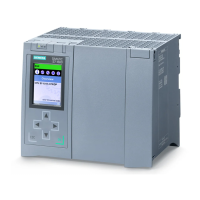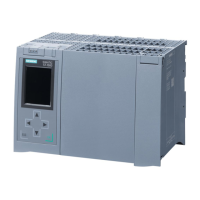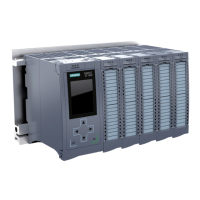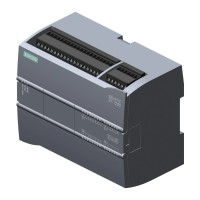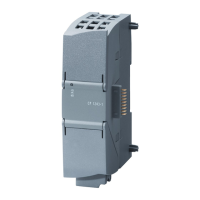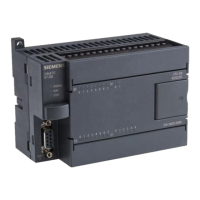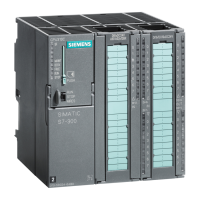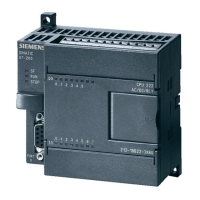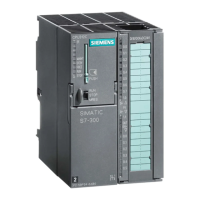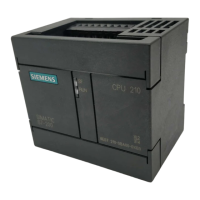Instructions
9.1 PID_Compact
PID control
260 Function Manual, 03/2017, A5E35300227-AC
PIDSelfTune.TIR.CalculateParams BOOL FALSE The properties of the controlled system are saved
during tuning. If TIR.CalculateParams = TRUE, the
parameters for fine tuning are recalculated according
to these properties. This enables you to change the
parameter calculation method without having to repeat
controller tuning.
TIR.CalculateParams is set to FALSE after the calcu-
PIDSelfTune.TIR.TuneRule INT 0 Methods used to calculate parameters during fine
tuning:
• TIR.TuneRule = 0: PID automatic
• TIR.TuneRule = 1: PID fast
• TIR.TuneRule = 2: PID slow
• TIR.TuneRule = 3: Ziegler-Nichols PID
• TIR.TuneRule = 4: Ziegler-Nichols PI
• TIR.TuneRule = 5: Ziegler-Nichols P
PIDSelfTune.TIR.State INT 0 The TIR.State tag indicates the current phase of fine
tuning:
• State = -100 Fine tuning is not possible. Pretuning
will be performed first.
• State = 0: Initialize fine tuning
• State = 200: Calculate the standard deviation
• State = 300: Attempt to reach setpoint
• State = 400: Attempt to reach setpoint with existing
PID parameters
(if pretuning was successful)
• State = 500: Determine oscillation and calculate
parameters
• State = 9900: Fine tuning successful
• State = 1: Fine tuning not successful
PIDCtrl.PIDInit BOOL FALSE PIDCtrl.PIDInit is available as of PID_Compact version
2.3.
If PIDCtrl.PIDInit = TRUE in "Automatic mode", the
integral action PIDCtrl.IntegralSum is pre-assigned
automatically as if Output = OverwriteInitialOutput-
Value in the previous cycle. This can be used for a
Override control with PID_Compact V2 (Page 91).
Retain.CtrlParams.Gain REAL 1.0 Active proportional gain
To invert the control logic, use the Config.InvertControl
tag. Negative values at Gain also invert the control
logic. We recommend you use only InvertControl to set
the control logic. The control logic is also inverted if
InvertControl = TRUE and Gain < 0.0.

